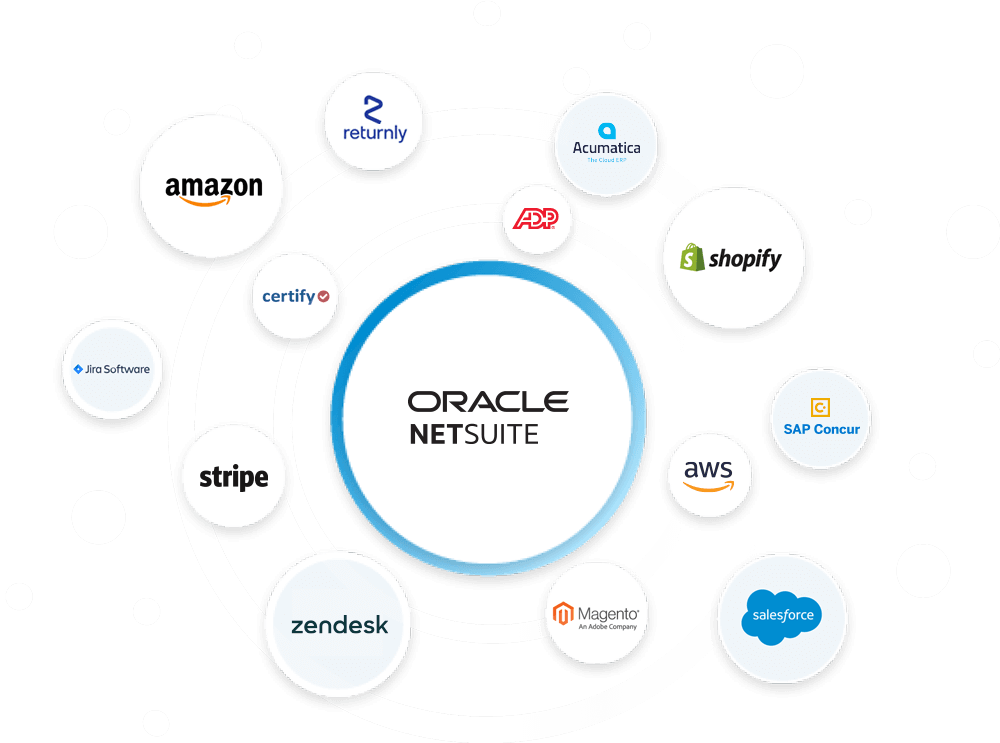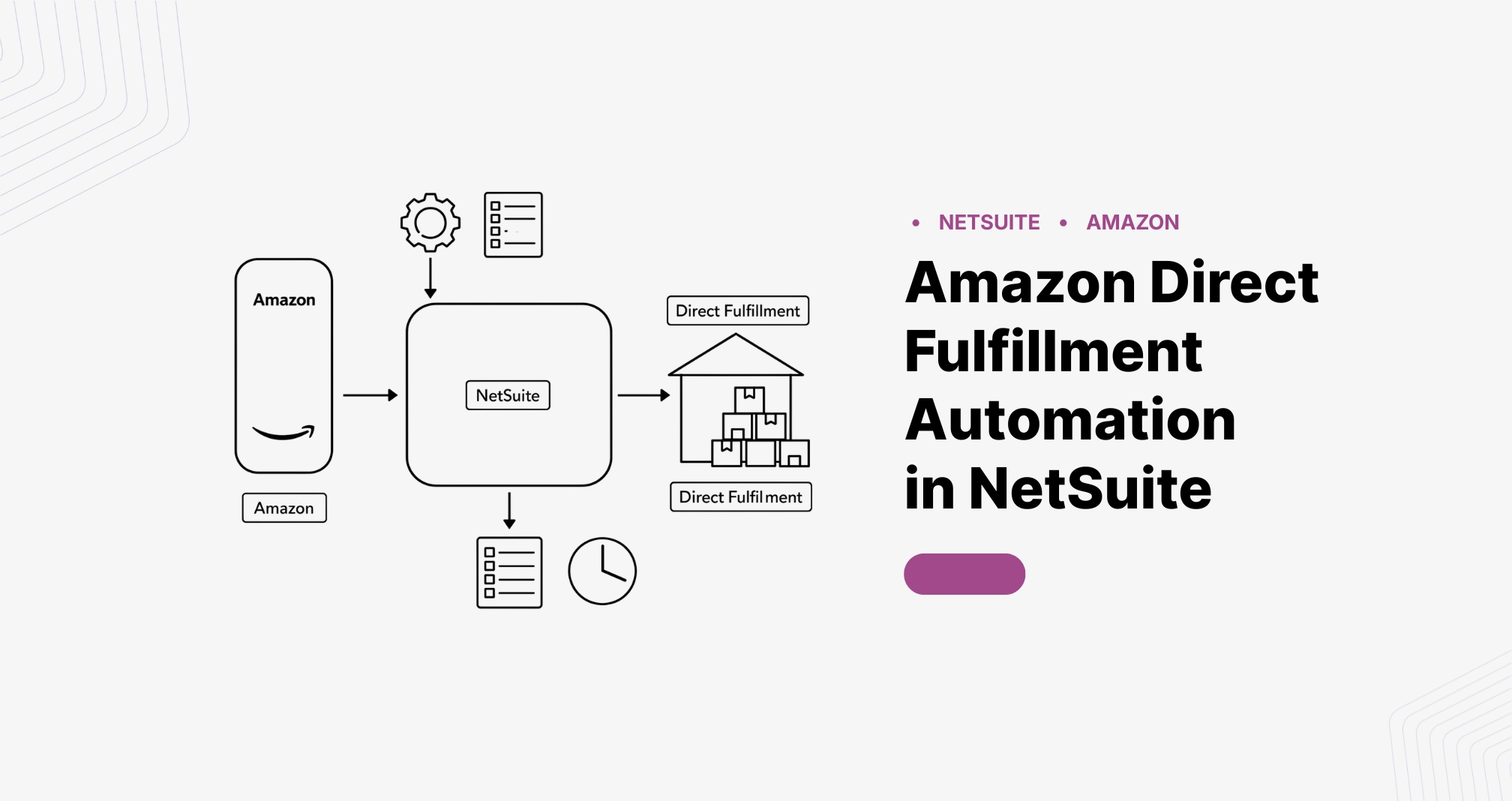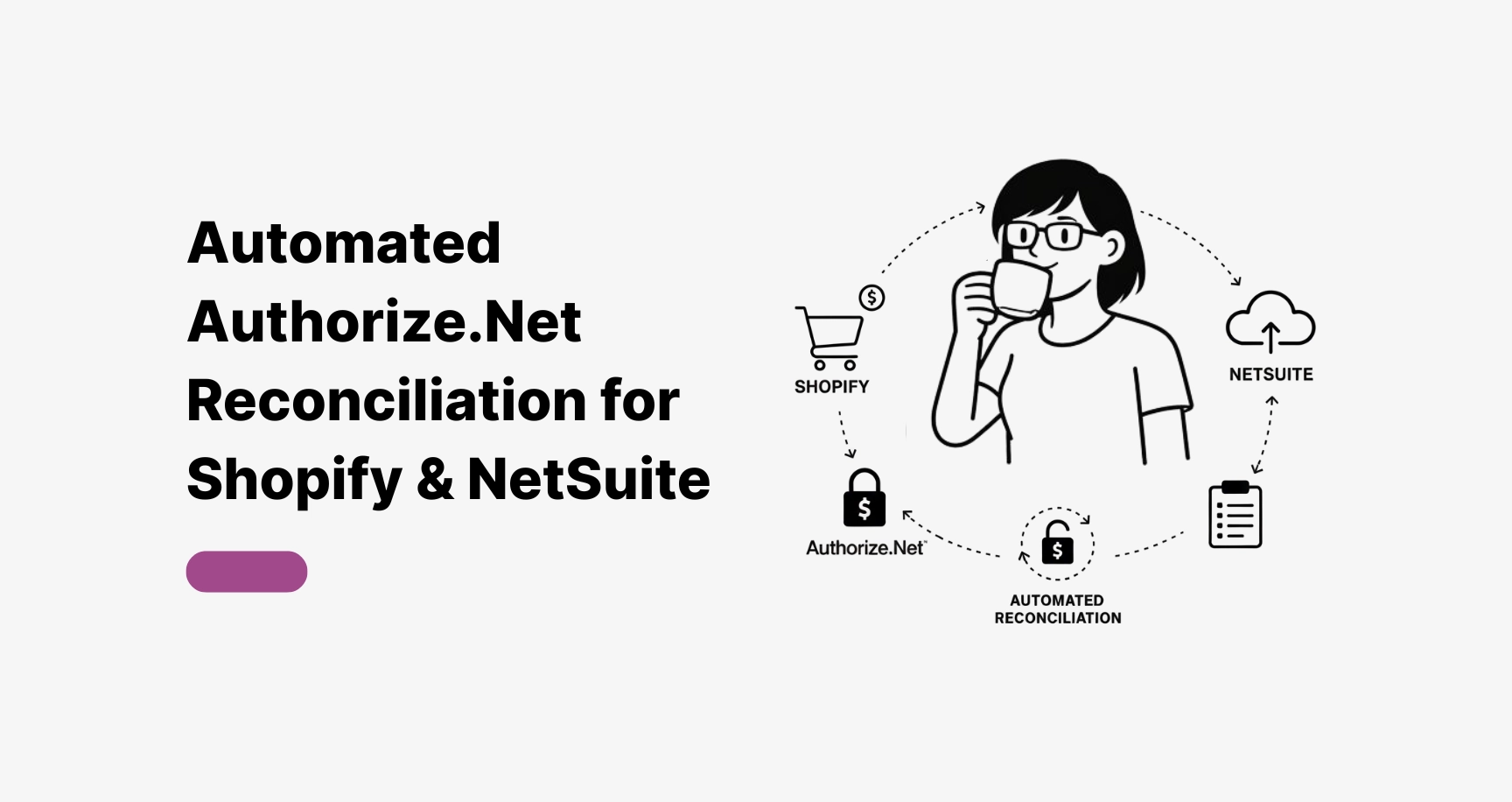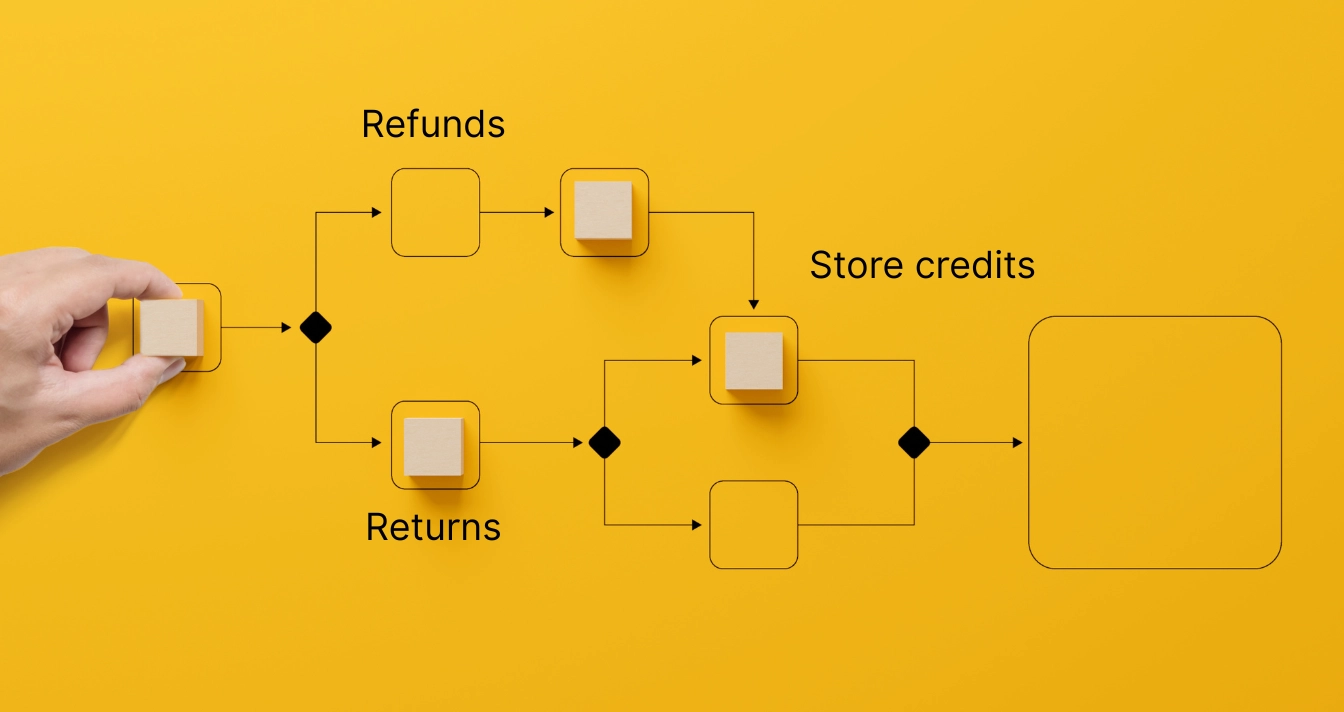Integrating your NetSuite with other platforms like Shopify, Salesforce, Amazon, or HubSpot (depending on your business) is universally deemed as a transformative process – in a good way. But the success of such a project more often that not hinges on the expertise of your NetSuite implementation consultant.
And choosing the right one is a more difficult task than one may think – you need to consider not just their technical skills but also their understanding of your business as well as their communication skills, among other things.
That’s why, in this article, we aim to give you all the tools you need to select the best NetSuite technical consultant, covering everything from the different types of consultants to how you can evaluate their suitability for your specific needs.
Different Types of NetSuite Consultants
NetSuite Functional Consultant
A NetSuite functional consultant focuses on how to make NetSuite’s features work best according to what your business needs – they are not there to write code but to make sure your system configuration supports all your workflows, be it in finance, procurement, or supply chain. It’s worth noting that they should ideally have experience in your industry, as the challenges faced by a manufacturer will differ greatly from those of a retailer. That’s why, if you are an Ecommerce business, you may want to reach out to NetSuite Ecommerce specialists like Hairball.
NetSuite Technical Consultant
A NetSuite technical consultant, on the other hand, is there to manage your system’s more complex technical requirements – custom scripts, advanced workflows or third-party system integrations. They should be proficient in SuiteScript, NetSuite’s proprietary scripting language, and should also be able to manage the web services using SuiteTalk.
They help in extending NetSuite’s functionality beyond its out-of-the-box capabilities in situations where, say, you need connecting NetSuite to a system that has no pre-built integration
NetSuite Implementation Consultant
A certified NetSuite implementation consultant is responsible for managing the overall process of setting up NetSuite, from the initial discovery stage to ongoing maintenance. They do bring a mix of functional and technical expertise but focus primarily on simply delivering the project on time and within budget.
If you are implementing NetSuite for the first time, this type of consultant will be invaluable, as they make sure all aspects of the project are executed properly.
NetSuite Solutions Consultant
A NetSuite solutions consultant generally works during the planning phase, helping you understand how NetSuite can solve your specific problems. They don’t necessarily manage implementation or technical issues, as their main goal is to devise an idea for a NetSuite solution that will deliver.
This way, they are responsible for mapping your business goals to NetSuite’s capabilities, which is particularly helpful when you need advice on selecting the right modules or trying to predict certain long-term use cases for the software.
Key Factors to Consider When Choosing a NetSuite Consultant
Experience and Track Record
There is no other place to start than actual experience – when evaluating NetSuite consulting partners, it’s essential to assess their project history, particularly with NetSuite integrations that are similar to yours. Try to look past the number of years they’ve been working and dig into the specific nature of the projects they’ve handled.
Experience working with similar-sized businesses is critical as well. Someone who has only worked with startups may not be the best fit for your enterprise project with thousands of daily transactions.
Expertise in Your Industry
As an extension of our previous point, finding a consultant who has deep knowledge of your specific industry will also be vital. They should not just know NetSuite but also understand the specific operational and regulatory pressures your business faces.
This way, a retail company may want an integration with multiple Ecommerce platforms to manage their orders, while a manufacturer may need NetSuite to integrate with complex supply chain systems and maintain strict inventory control.
Certifications and Training
While experience and expertise are important, certifications provide a baseline assurance that the candidate has a deep, technical understanding of NetSuite. Common certifications include SuiteFoundation (which covers core system administration), SuiteAnalytics, and Certified SuiteCloud Developer (for advanced development and scripting).
It’s also important for a consultant to be certified by the provider of the middleware that will facilitate the NetSuite integration. In Hairball’s case, we are proud to be officially certified by the best NetSuite connector – Celigo.
Client Testimonials and References
How to Choose Best Netsuite Consultants
Initial Research and Shortlisting
Interviewing Candidates
Involve Key Stakeholders
Compare Finalists
Negotiating Terms and Signing a Contract
Red Flags to Watch Out For When Considering NetSuite Consulting Partners
Overpromising and Under-Delivering
No Backing of Claimed Expertise
You should be automatically suspicious of teams that cannot back their claimed expertise – for example, if you look for someone with experience in dealing with US-based stores, make sure to ask for US-specific NetSuite integration case studies. On top of that, you may also ask about certifications or credentials that a candidate boasts on their website.
Lack of Transparency
Poor Communication and Responsiveness
Conclusion
Now, with a solid understanding of the different types of consultants available and a structured evaluation process, you can find the best NetSuite consultants for your specific case. Most importantly, don’t rush the process – look into the candidates’ expertise from multiple angles, engage all your departments in the selection process, pay attention to red flags, and be thorough in the final paperwork.
Overall, integrating NetSuite with platforms like Shopify or Salesforce can easily be a catalyst for your business success – and if you’re considering hiring someone to assist you with it, don’t hesitate to reach out to a team of professional NetSuite consulting partners like Hairball.



